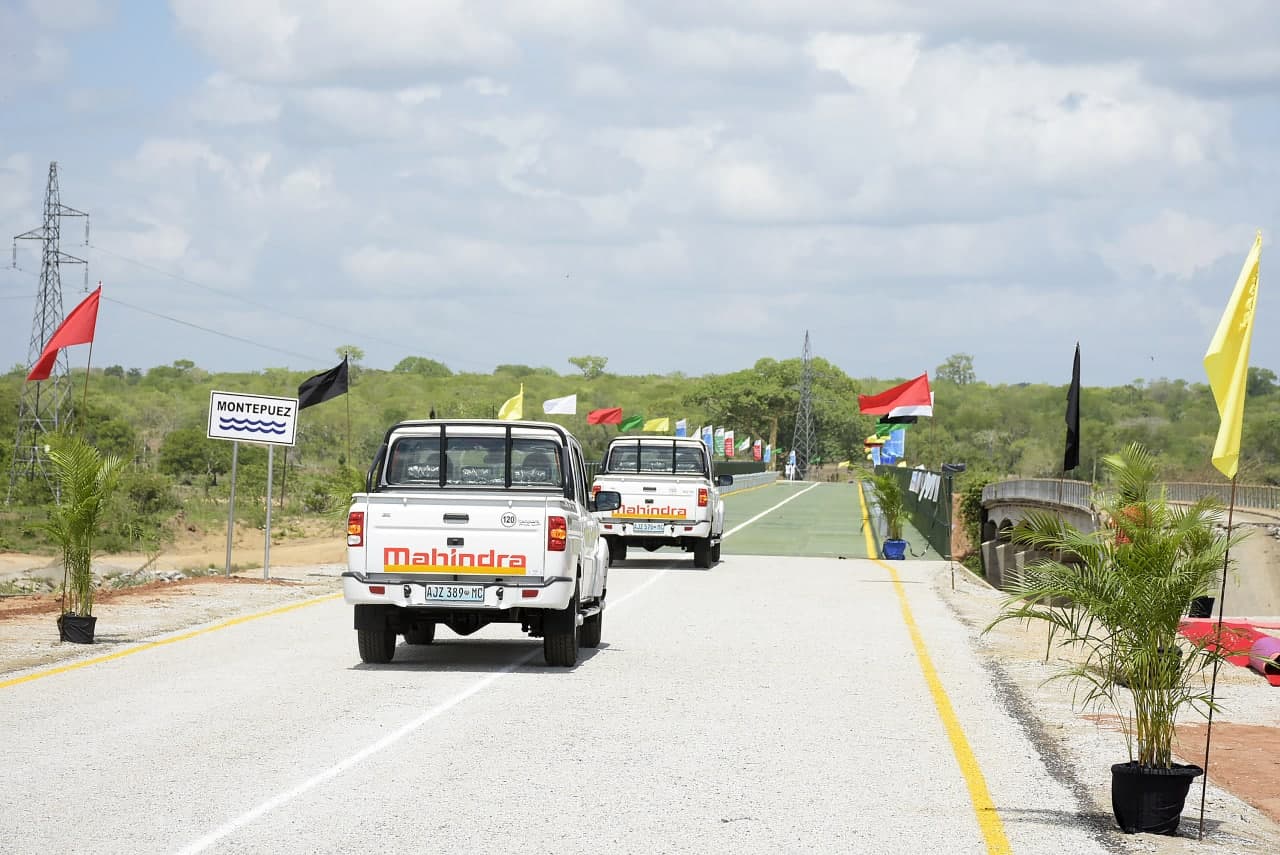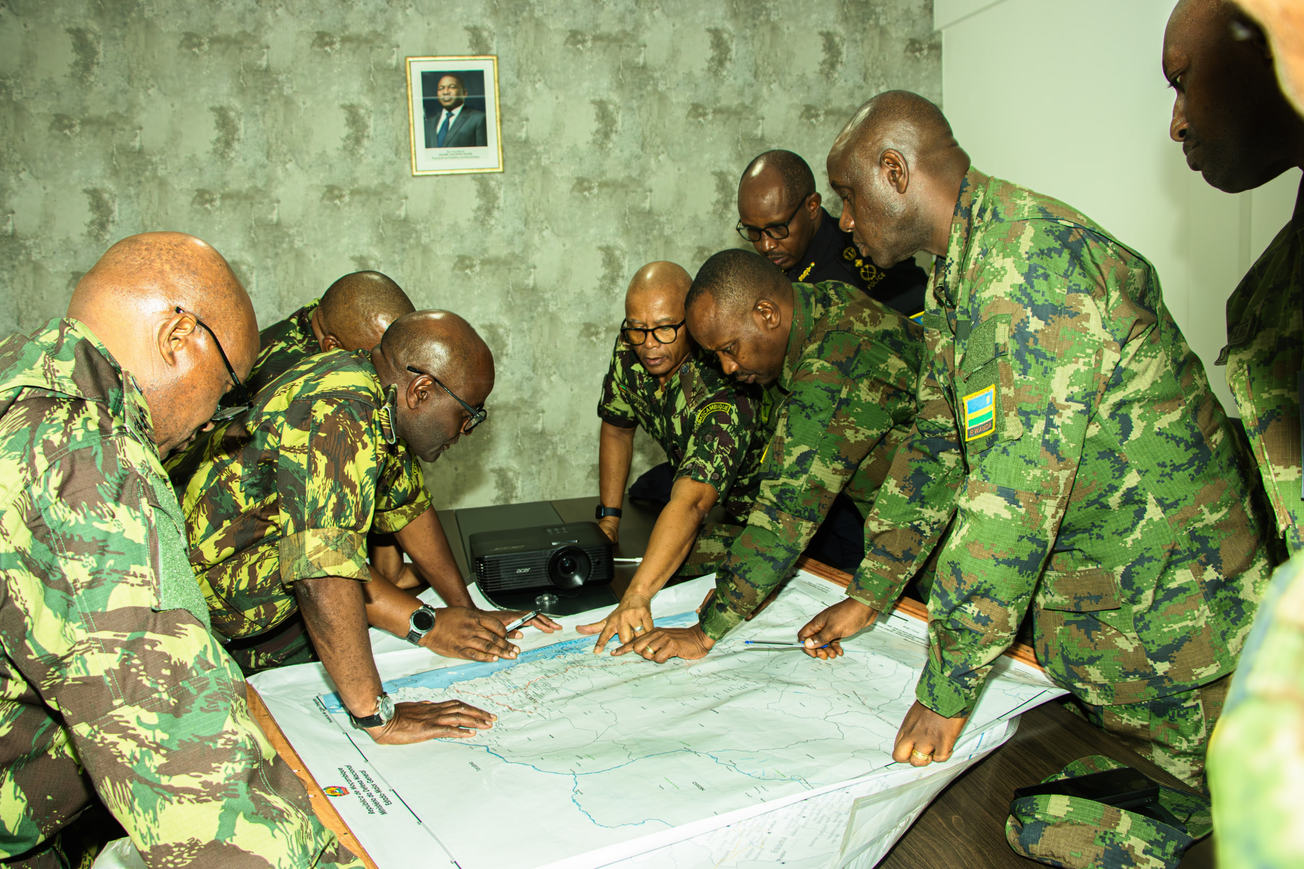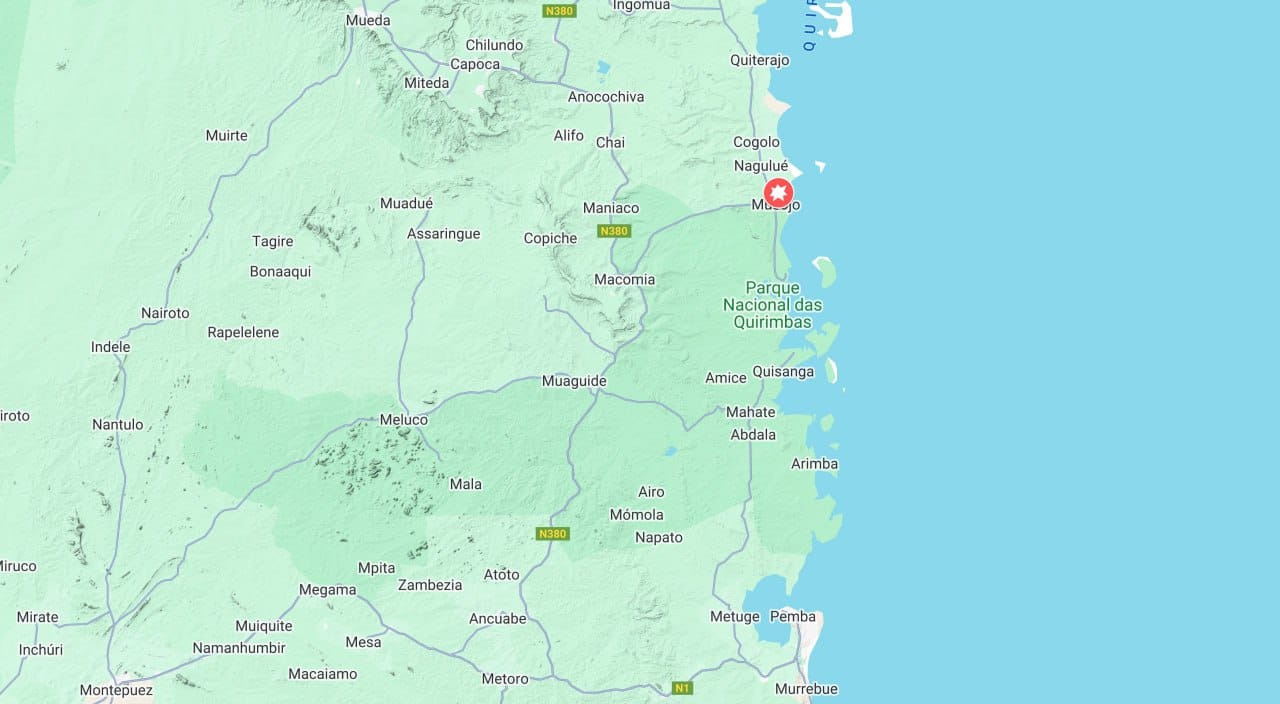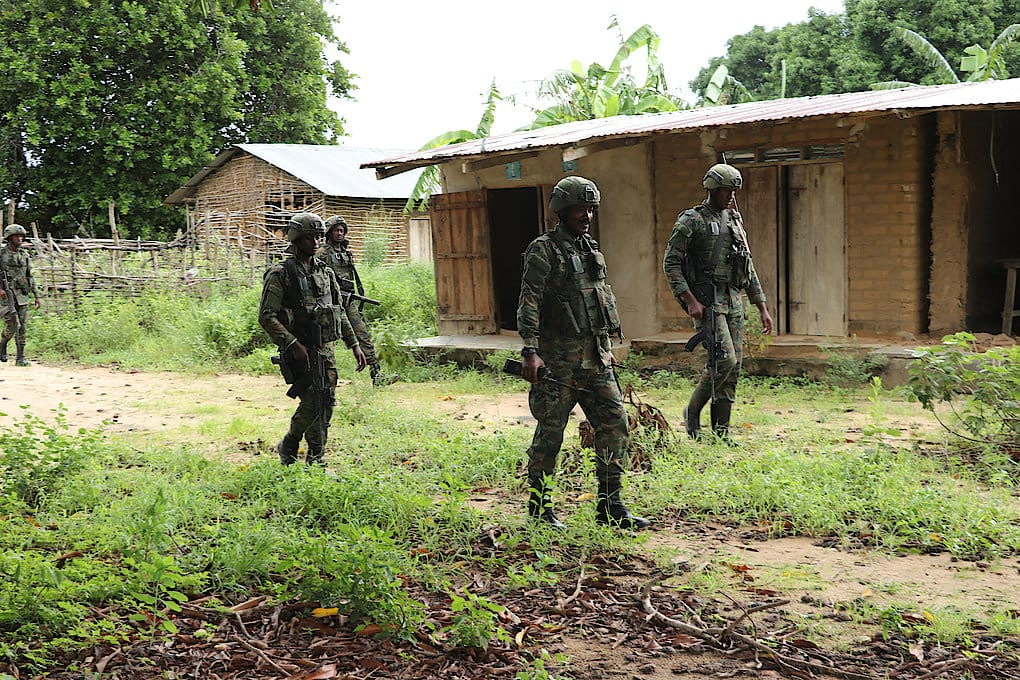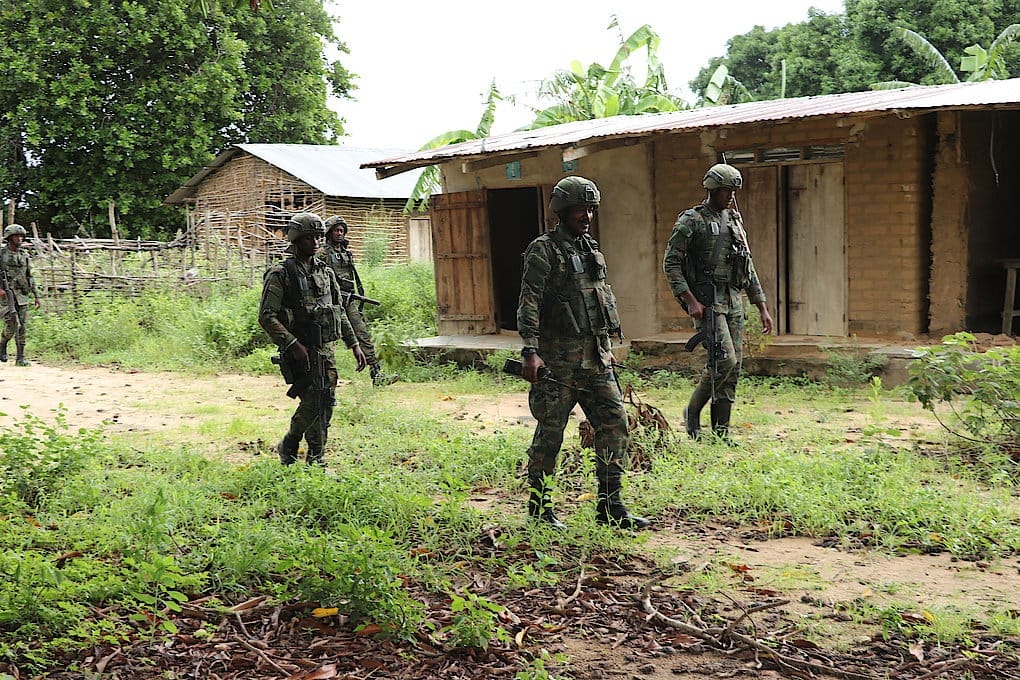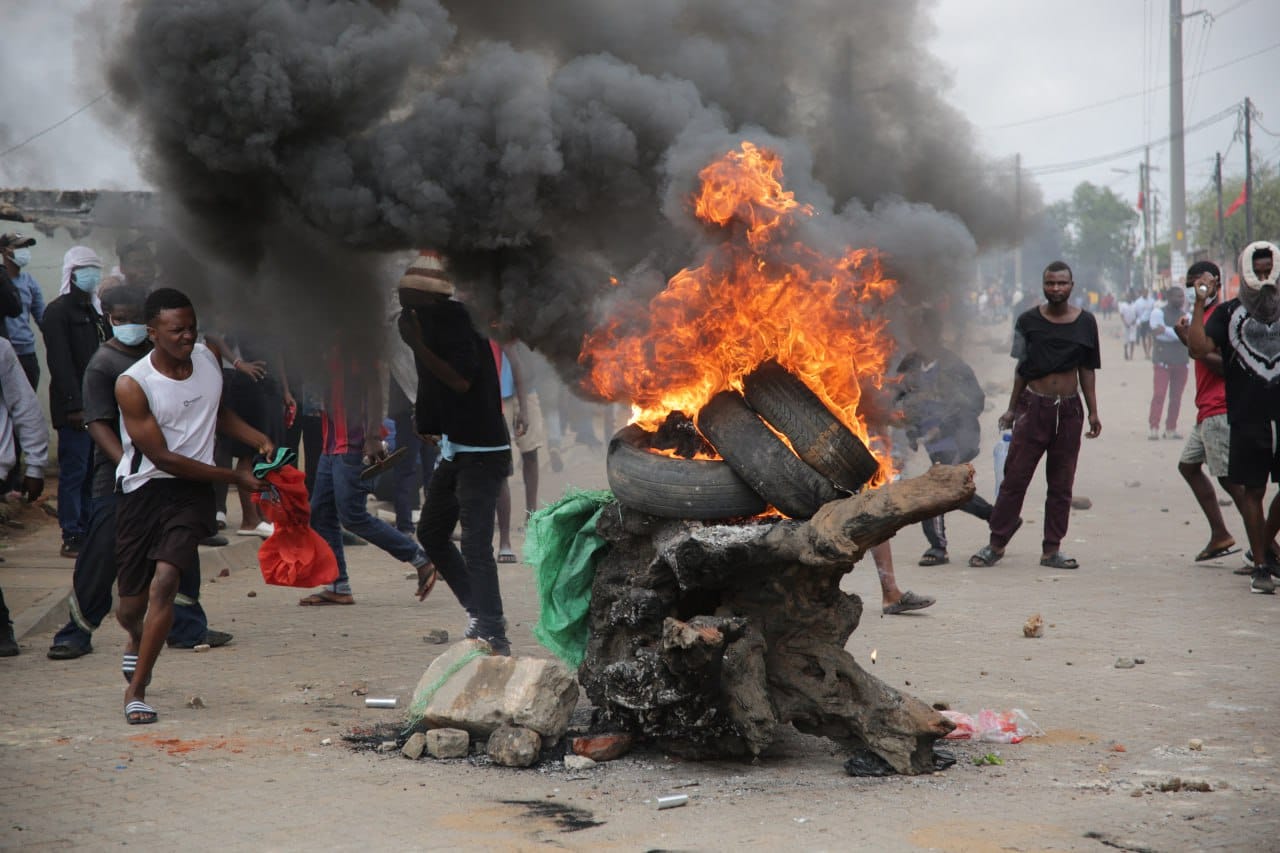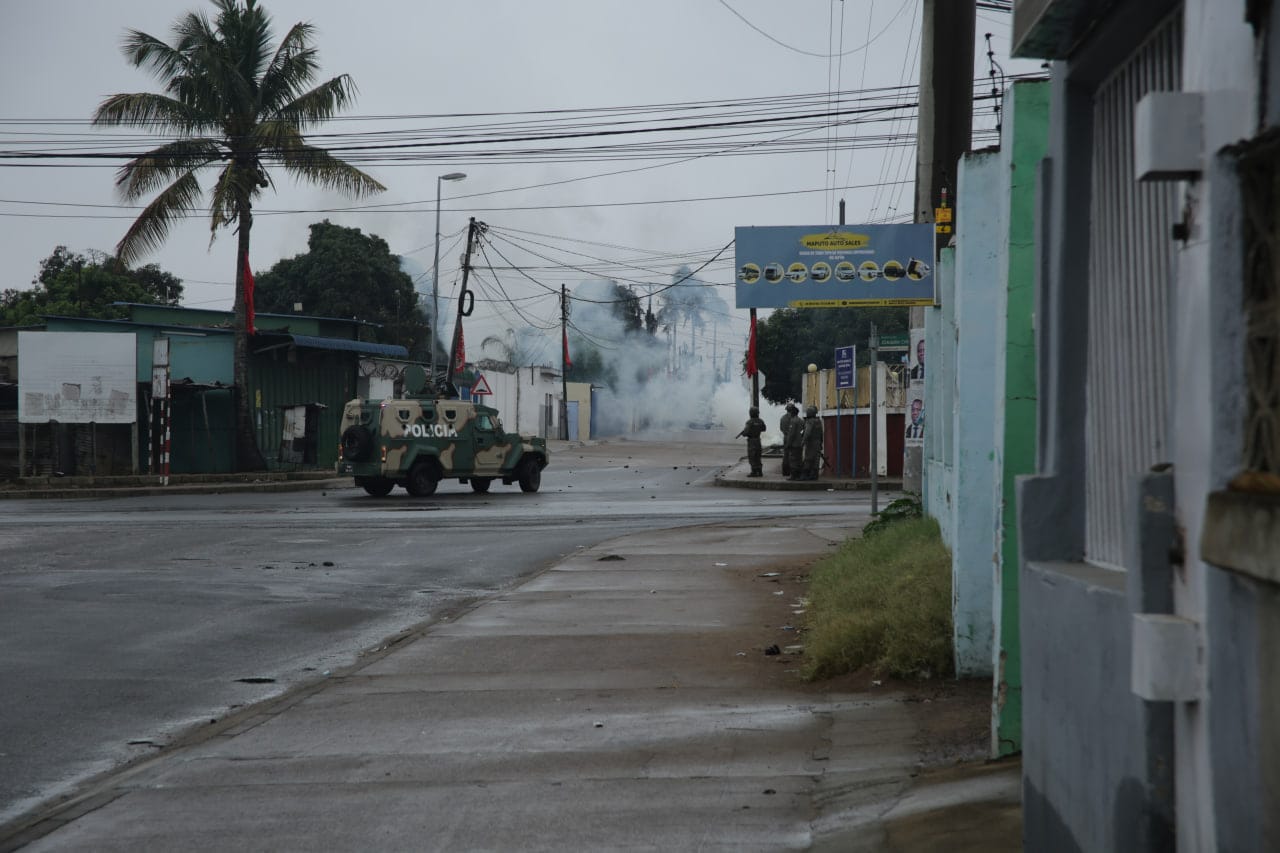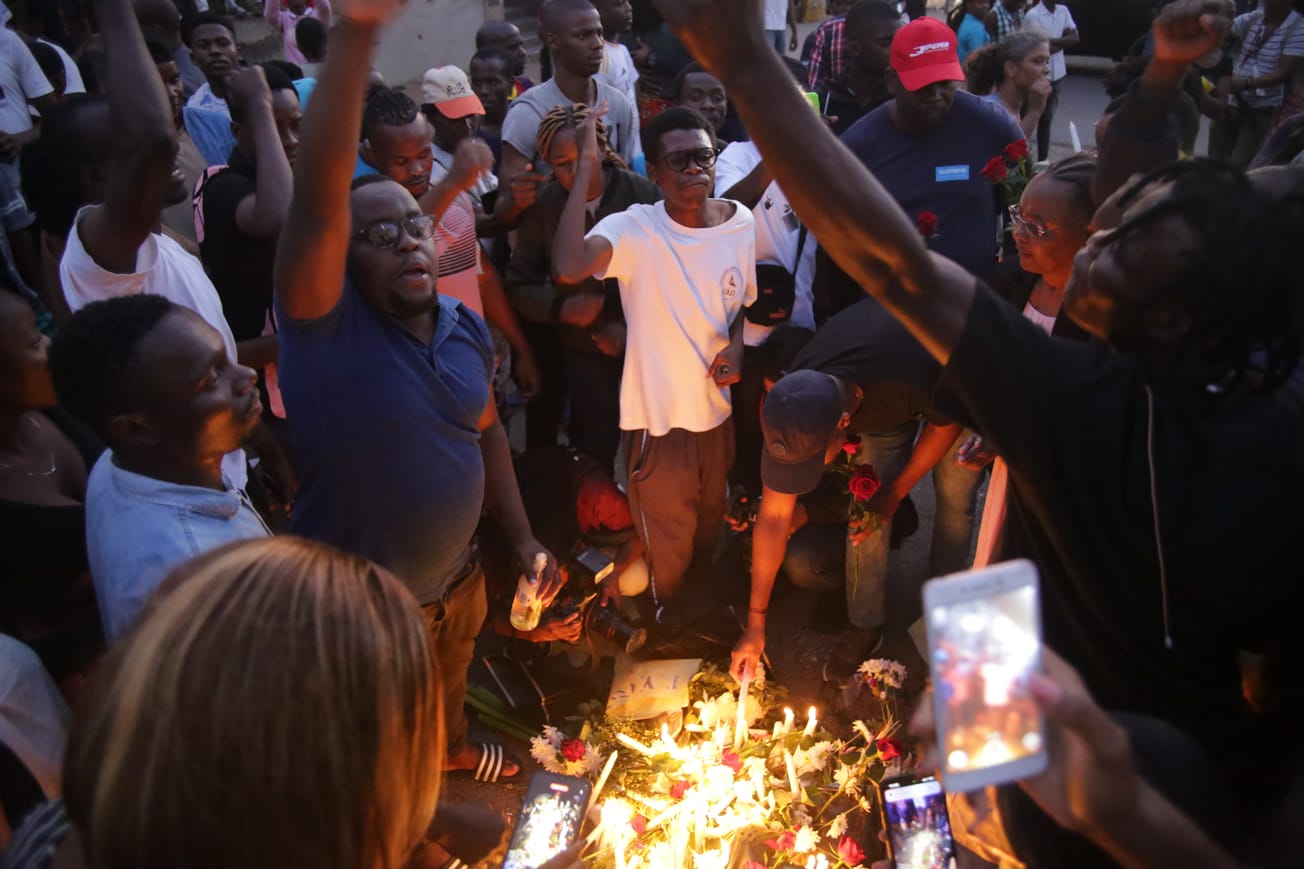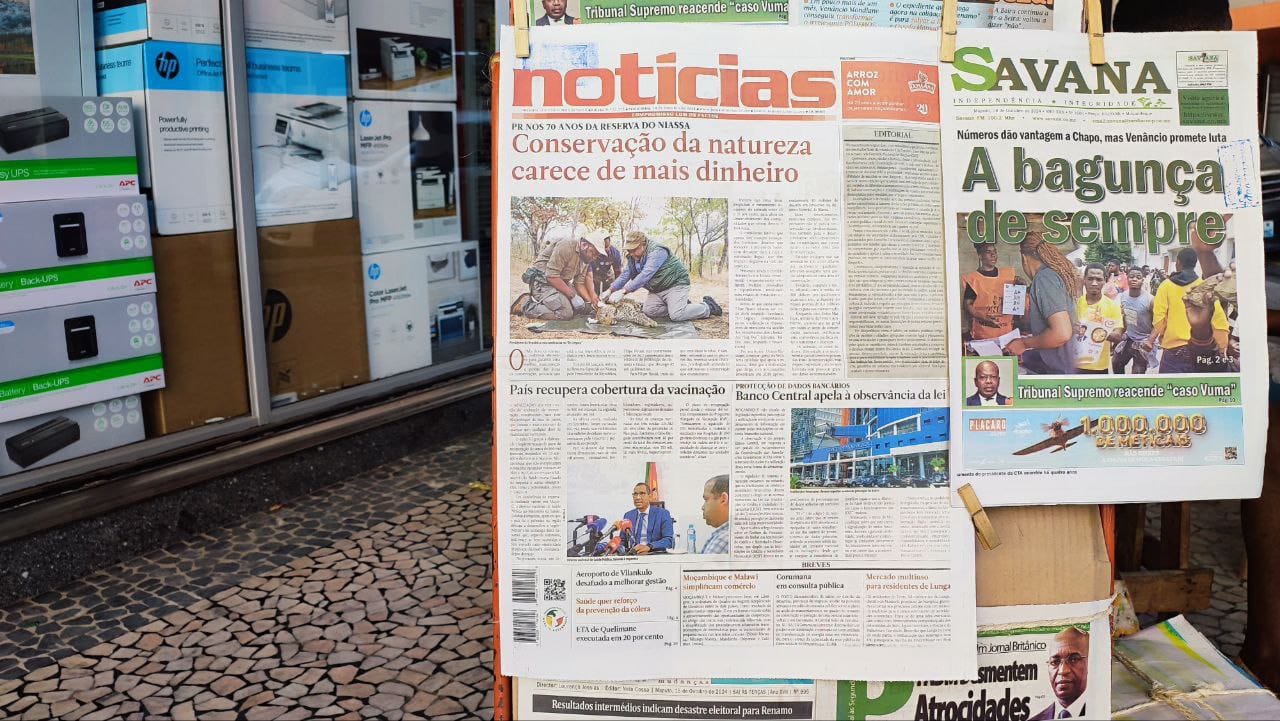The following article is excerpted from the Cabo Ligado Monthly report for September 2021, published on 15 October 2021
Areas of Cabo Delgado affected by the armed conflict are now experiencing a gradual return of their inhabitants, particularly in Palma, Macomia, and Quissanga. In Palma district, some of the displaced people who were trapped for months in the resettlement village of Quitunda after the 24 March insurgent attack have returned to the town of Palma and surrounding villages. In the main town of Macomia, there are signs of a return to normality, with passenger carriers making frequent trips from Pemba to Macomia. Sources in Macomia say that in addition to the reopening of access roads, as well as various government services, at least two hotels have reopened. After appeals from the chief of the Mozambican police, many displaced people from Quissanga have started returning home. In Muidumbe district, an increasing number of displaced persons are heading to the villages of Matabalane and Mitede to inspect their homes and make preparations for their return. Displaced people who are in centres for internally displaced people in southern Cabo Delgado -- particularly in Pemba, Montepuez, and Ancuabe districts -- have made efforts to process the necessary documentation to return home and have put their names on lists to be transported to their hometowns and villages.
SEE ALSO: Civilian protection challenges as refugees return home in Cabo Delgado
The willingness to return is a result of several factors. First, civilians are considering returning to their home areas as Cabo Delgado has become increasingly secure since the arrival of foreign troops from Rwanda and the Southern African Development Community (SADC) Mission in Mozambique (SAMIM). The efforts of the joint Rwandan, SAMIM, and Mozambican forces have neutralized and reduced the insurgents' actions on the various fronts. Second, the situation in the resettlement centres is deplorable. According to the Red Cross, several IDP centres lack basic provisions such as clean drinking water and adequate sanitation, which tends to lead to diseases such as cholera and diarrhoea. The absence of jobs as well as the lack of access to adequate food are other aspects that force displaced people to return home. Due to lack of funding, the World Food Programme is facing difficulties in providing the necessary daily rations to displaced people, currently meeting only 39% of their caloric needs.
The lack of a basic standard of living is not only felt in resettlement centres. In Nangade district, displaced people who have returned from the areas liberated by the joint forces of Mozambique, SAMIM, and Rwanda live in precarious housing, without access to clean water and health services. When people become ill, they resort to traditional medicines or unlicensed traders that sell medicines. Recent returnees in this part of Cabo Delgado claim that they are not used to living in IDP centres, hence their decision to return. While the inhabitants of Nangade district are returning to their villages, the civil servants of these districts largely remain displaced, unable to assist in rebuilding Nangade district governance. Some teachers are considering returning only on the eve of the school year. However, the destruction of several schools during the course of the conflict could delay the resumption of the school year.
The displaced people who have returned to Macomia district have found most of their homes destroyed, burned, and/or looted. Among the displaced people are those who were sheltering in IDP centres and those who had hidden in the bush. Those who sheltered in the bush say that they have been sleeping in their homes since the arrival of the foreign troops. The presence of foreign troops in Macomia raises civilian confidence in the security situation and has improved the relationship between the troops and civilians.
Despite the advances in security, many civilians in Macomia have returned on their own and without express permission from the authorities. Some have engaged in agriculture in anticipation of the rainy season, while others have turned to fishing to sustain themselves. There is little other work available. Several reports of insurgent attacks on locals going fishing along the coast have been reported throughout the conflict. However, in recent weeks, fishermen have felt encouraged to resume fishing in light of the improving situation.
At the beginning of October, electricity returned to the village of Palma after about a year. The restoration of electricity and security improvements are stimulating the return of local merchants and the private companies that used to provide services for the French multinational TotalEnergies. Palma town and the surrounding area already have access to health care, but school classes have still not resumed. During September, humanitarian support arrived for the first time after the attack in March. Locals reported to Cabo Ligado that they received at least 10kg of rice and a litre of cooking oil in food aid. The support is important, but the needs are still greater. Palma residents are calling for banking agencies and mobile financial services to resume work so they can receive and transfer money.
In Cabo Delgado, the return home of displaced people can help reduce the pressure on essential services and infrastructure in areas where displaced people have gathered. Yet Mozambican President Filipe Nyusi has cautioned against a rush of civilians back into the conflict zone. According to Nyusi, the return of the population will take place after recapturing areas and ensuring they are cleared of insurgents, as well as after building the necessary infrastructure, a process that may take some time. The position of the Mozambican president is in line with the United Nations' call for caution around the issue, due to the lack of essential infrastructure and humanitarian access, as well as uncertainty about the likelihood of insurgent activity. The UN's uncertainty is shared by displaced people sheltering in Ancuabe who say they are fearful following an attack that took place in September in the village of Lindi, in the neighbouring district of Quissanga. The most aggravating factor for the displaced is the fact that there has been no reinforcement of defence and security forces in this part of the province.
These dynamics in Cabo Delgado pose challenges for both the government and aid agencies, which will have to review their strategies to support the people in the province. The government recently announced a plan estimated to cost around $300 million for the reconstruction of the areas affected by the conflict The idea is to create conditions for the rapid return of the displaced within six months. However, the government has no funds for its implementation. Thus, the displaced will have to remain in IDP centres for some time to come, which will increase the pressure on humanitarian aid organizations to provide an adequate standard of living in those facilities.

